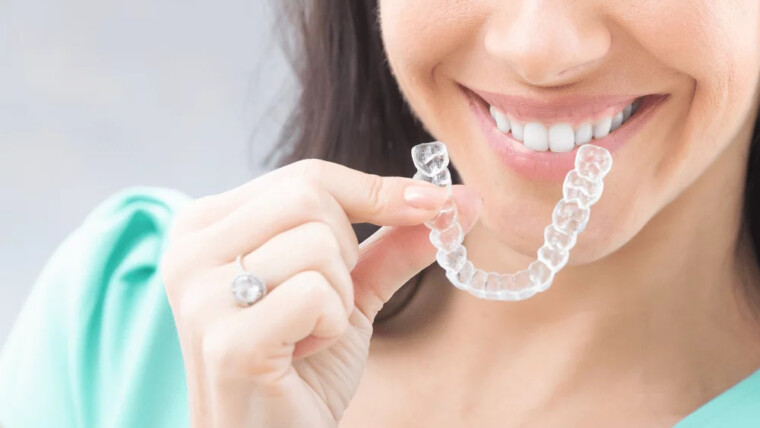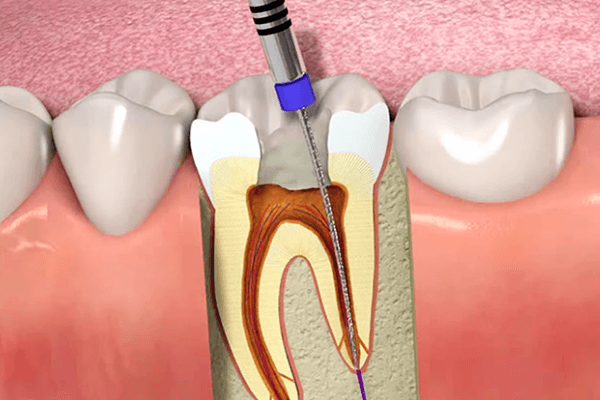In recent years, the dental landscape has seen a significant shift with the rise of sugar-free products. From sugar-free candies and gums to diet sodas and low-calorie snacks, consumers are increasingly turning to these alternatives in pursuit of better oral health. While reducing sugar intake is undoubtedly beneficial for preventing tooth decay and other dental issues, it’s essential to examine the broader implications of this trend on preventive dentistry.
The Sugar-Free Revolution: A Double-Edged Sword
On the surface, the proliferation of sugar-free products appears to be a positive development for dental health. After all, excessive sugar consumption is a well-known culprit behind cavities, gum disease, and enamel erosion. By opting for sugar-free alternatives, individuals hope to safeguard their smiles and minimize their risk of dental problems.
However, the reality is more nuanced. While sugar-free products may lack the cavity-causing sweetness of their sugary counterparts, many still contain acidic ingredients that can harm teeth. For instance, diet sodas and sugar-free candies often contain acidic additives like citric acid and phosphoric acid, which can erode enamel over time, leading to tooth sensitivity and decay.
The Importance of Holistic Preventive Dentistry
In light of these considerations, preventive dentistry in the age of sugar-free products must adopt a holistic approach that goes beyond simply reducing sugar intake. Here are some key strategies to promote optimal oral health in today’s sugar-conscious society:
- Educating Patients: Dentists play a crucial role in educating patients about the potential oral health implications of sugar-free products. By raising awareness about the acidic nature of certain ingredients and the importance of maintaining a balanced diet, dental professionals can empower individuals to make informed choices for their oral health.
- Emphasizing Oral Hygiene: Regardless of dietary choices, good oral hygiene practices remain paramount for preventing dental problems. Encouraging regular brushing, flossing, and mouthwash use helps remove plaque and bacteria, reducing the risk of cavities and gum disease.
- Promoting Fluoride Therapy: Fluoride is a proven cavity fighter that strengthens enamel and protects teeth against acid attacks. Incorporating fluoride therapy, such as fluoride varnish or fluoride supplements, into preventive dental care can help mitigate the effects of acidic food and drinks.
- Monitoring Oral Health: Routine dental check-ups are essential for monitoring oral health and addressing any emerging issues promptly. Dentists can assess enamel erosion, detect early signs of decay, and provide personalized recommendations to support patients’ dental well-being.
- Encouraging Moderation: While sugar-free products have their place in a balanced diet, moderation is key. Encouraging patients to enjoy these items in moderation and rinse with water afterward can help minimize their impact on dental health.




